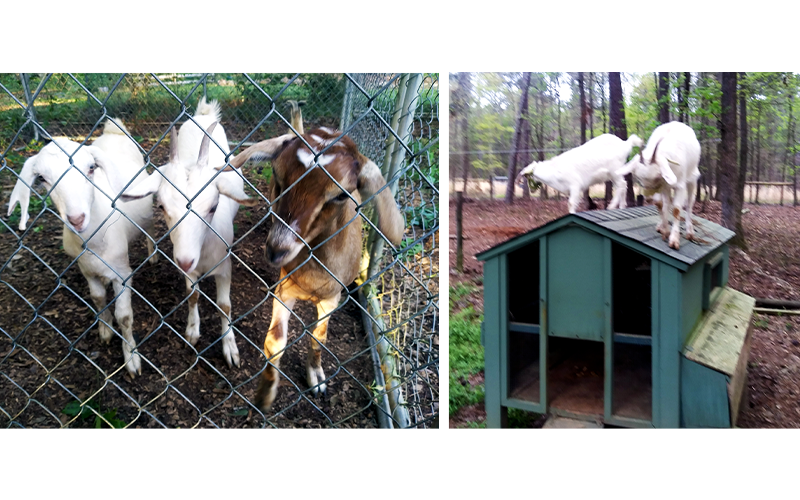By Marge Roberts, BSN MSHP DAHom
I know many of you already use homeopathy for the health and comfort of your pets; perhaps you have used the Pets Eye Care or Ear Care. As many of you know, we have lots of animals – dogs, chickens, goats, horses, and peacocks. My husband is a cowboy from Texas, and well versed in taking care of horses and other animals. I was raised on a dairy farm in Wisconsin and could drive a tractor long before I drove a car. Our dog’s name was Touser, and I had a three-legged calico cat named Penny. My pet cow’s name was Sheila, and she won a blue ribbon at the county fair. We didn’t know homeopathy back-in-the-day but now we always use homeopathy with our animals as our first line of defense.
One of the many complexes we use is the Pets Eye Care complex. My husband Ron used the human version several years ago, so when my little goat Honey started to exhibit some of the same symptoms, I thought of the Pets Eye Care. Since I can’t talk goat language, I used her physical signs – drainage, redness, inflammation, and sensitivity to light – to guide me. I started Honey on the Pets Eye Care complex, and within a few days, her eyes were clear, and she appeared to no longer be sensitive to light. Honey is white so it was remarkable how the discoloring beneath her eyes cleared and her hair was white again. I remember also a customer who shared that she gave her show dogs Pets Eye Care to address the discoloring beneath their eyes. Check out some of the other reviews on our website. As a side note, remember to place drops in the mouth – NOT the eye.
Using the Materia Medica, referenced by those practicing traditional homeopathy, we’ll examine some of the more common indications for a few of the single remedies included in the complex. For example, according to traditional homeopathic practice, Aconitum and Allium cepa are indicated for eye redness. Nux vomica and Euphrasia are indicated for watering eyes. Lycopodium and Picricum acidum are indicated for styes. Sulphur and Echinacea are indicated for twitching and quivering of the eye. Additional remedies are included for other eye care conditions.
My Belgium Malinois, Miss Lucy, seems to have a propensity for ear infections, so I have used the Pets Ear Care complex on several occasions for her. I have also used it for a rescue dog with ear itching by rubbing it on topically in addition to its oral administration.
Let’s examine some of the more common indications for a few of the single remedies included in Ear Care. For example, according to traditional homeopathic practice, Apis and Cinchona are indicated for redness of the external ear. Capsicum, Mercurius, Mezereum and Nux vomica are indicated for itching. Sepia is indicated for over sensitiveness to noise and Mancinella is indicated for brown crusts and scabs. Arsenicum is indicated when the skin within the ears is raw and Graphites for scabs behind the ears. Additional remedies are included for other ear care conditions.
The euro-dropper top is easy and safe to use with animals – no danger of them biting down on a glass dropper. For a dog, simply pull out the lip and drop the remedy in the pocket. I never have been able to get a cat to take anything with any kind of dropper – it goes in their water bowl. NEWTON also has compatible plastic bulb droppers available for purchase. Since it’s been a while since we’ve changed our bottles, old bulb droppers should still fit our current bottles. Remember, homeopathy does not do the healing, the body does. In addition to homeopathy, equip your pet with the proper food, supplements, vitamins, exercise and love to accomplish optimum balance.



